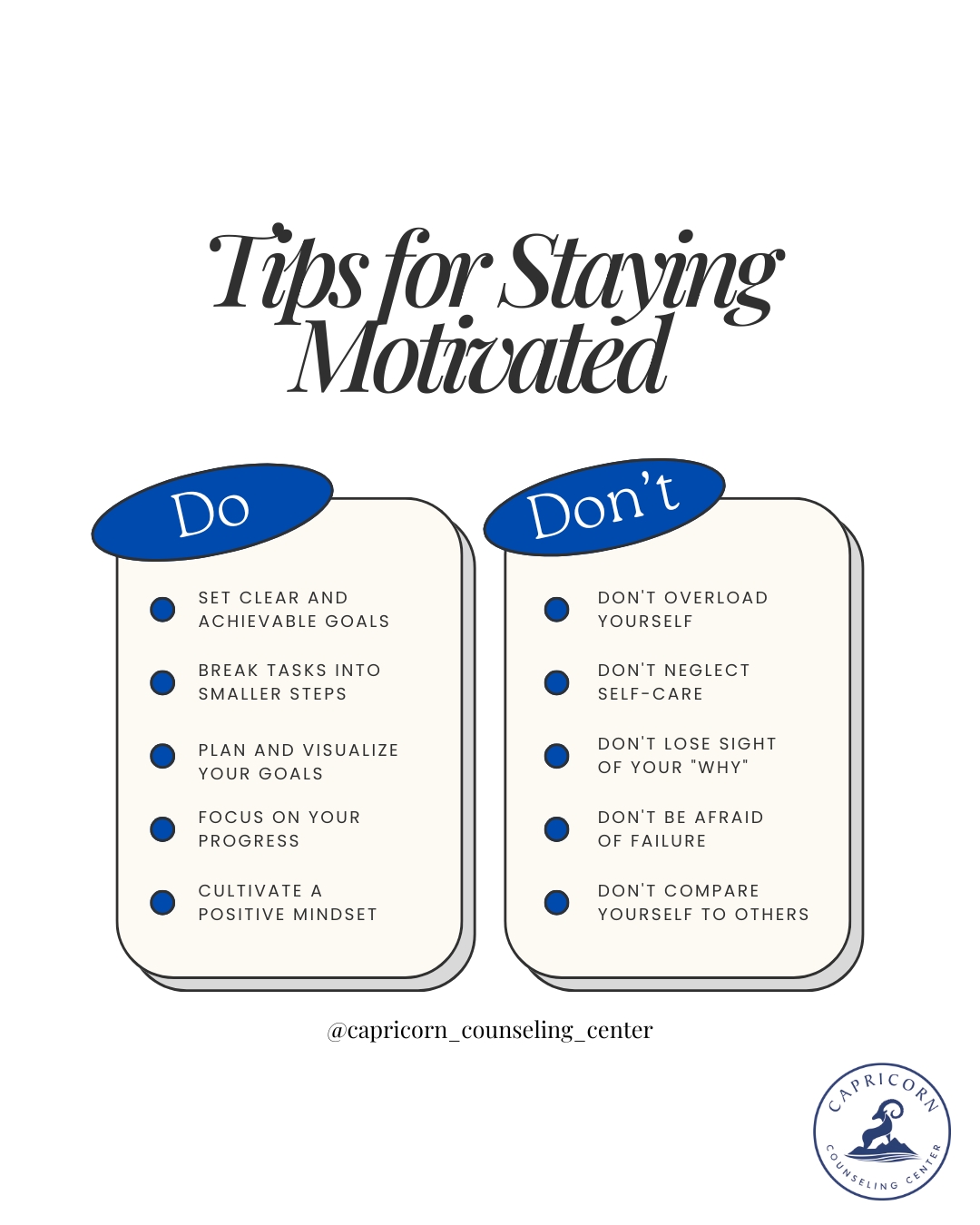Motivation Tips
Discover the Secret to Staying Motivated: Expert Tips on Self-Discipline and Focus
Are you finding it difficult to stay motivated in your daily life, or struggle with maintaining focus on your goals? You’re not alone, and the good news is that with the right motivation strategies, you can transform your approach to personal development and achieve the self-discipline needed for success. Whether you’re aiming to enhance your productivity at work or improve your personal life, understanding the secrets of staying focused can make all the difference. In this guide, we’ll explore expert tips on self-discipline and focus, offering you practical advice and encouragement to help you on your journey. So, why not take the first step towards a more motivated and fulfilling life?

Unlocking Motivation Strategies
Understanding Motivation and Self-Discipline
Understanding motivation and self-discipline is crucial for anyone looking to improve their personal development. Motivation is the driving force that initiates and sustains goal-oriented behaviors, while self-discipline is the ability to control one’s actions and impulses to achieve long-term objectives. But how do these two intersect? Simply put, motivation provides the inspiration to start, and self-discipline ensures you continue, even when motivation wanes. Consider a painter beginning a new piece; motivation might spark the initial idea, but it’s self-discipline that leads to completion. By embracing both, you empower yourself to set realistic goals and stay focused on achieving them. Practicing these skills can transform your life’s trajectory, paving the way for success in both personal and professional realms.
The Role of Goal Setting in Personal Development
Goal setting is a fundamental component of personal development. It acts as a roadmap, guiding you toward your desired outcomes and providing a clear path to follow. Establishing specific, measurable, achievable, relevant, and time-bound (SMART) goals can significantly enhance your motivation strategies. Why? Because clear goals help you stay focused, making it easier to maintain the self-discipline required to overcome challenges. For instance, imagine you’re aiming to learn a new language. By setting daily practice targets, you create a structured plan that keeps you accountable and motivated. Moreover, achieving small milestones can provide a sense of accomplishment, further boosting your drive. In essence, goal setting is not just about defining what you want to achieve; it’s about creating a framework that supports sustained motivation and personal growth.
Techniques for Staying Focused
Practical Tips to Enhance Focus
Enhancing focus is an essential part of maintaining productivity and achieving your goals. One effective technique is to create a dedicated workspace free from distractions. This environment helps signal to your brain that it’s time to concentrate. Additionally, adopting the Pomodoro Technique can boost focus. This method involves working in short, intense bursts followed by brief breaks, which helps maintain high levels of concentration without burnout. Incorporating mindfulness practices, such as meditation or deep breathing exercises, can also improve focus by training your mind to remain present. Moreover, prioritizing tasks using a to-do list can help you tackle the most important activities first, ensuring that your energy is directed toward key objectives. Finally, reducing digital distractions by silencing unnecessary notifications can prevent interruptions that break your concentration. By employing these practical tips, you can enhance your ability to stay focused, ultimately supporting your journey toward personal development.
Overcoming Common Distractions
Overcoming common distractions is vital to maintaining focus and increasing productivity. To start, identify your primary distractions. Whether they’re digital, like social media, or environmental, such as a noisy workspace, knowing your obstacles is the first step to overcoming them. Once identified, set boundaries to minimize their impact. For digital distractions, consider using apps that block access to distracting websites during work hours. If environmental distractions are an issue, noise-canceling headphones or a quiet room can help create a conducive work environment. Establishing a routine can also mitigate distractions, as it trains your mind to expect periods of focused work. Additionally, practicing mindfulness can enhance your awareness of distractions when they arise, allowing you to address them more effectively. By consciously managing and reducing these interruptions, you can create a more focused and productive environment, ultimately aiding in your personal and professional development.
Building Self-Discipline for Success
Habits That Foster Self-Discipline
Cultivating habits that foster self-discipline is crucial for achieving long-term success. One key habit is setting small, achievable goals that build momentum. By breaking larger tasks into manageable steps, you create a sense of progress and accomplishment, which reinforces your commitment. Additionally, establishing a consistent daily routine helps reinforce discipline by reducing the need to make decisions about what to do next. This routine should include regular time for exercise and relaxation, as physical health supports mental clarity and focus. Another effective habit is tracking your progress, which keeps you accountable and motivated. Reflect on your achievements and areas for improvement regularly. Lastly, practice delayed gratification by consciously choosing to prioritize long-term benefits over immediate pleasures. This strengthens your ability to make disciplined choices. By integrating these habits into your daily life, you can enhance your self-discipline, paving the way for personal and professional growth.
Long-term Benefits of Personal Development
Engaging in personal development offers numerous long-term benefits that can transform your life. By focusing on self-improvement, you not only enhance your skills and knowledge but also increase your self-awareness. This leads to better decision-making and improved problem-solving abilities. Additionally, personal development strengthens your self-discipline, enabling you to pursue goals more effectively. Over time, this commitment to growth can result in increased confidence and resilience, allowing you to navigate life’s challenges with greater ease. Personal development also fosters a sense of purpose and fulfillment, as you align your actions with your core values and aspirations. Moreover, as you grow, your relationships can become more meaningful and supportive, thanks to enhanced communication skills and empathy. Ultimately, investing in personal development creates a foundation for sustained happiness and success, enriching both your personal and professional life in the long run.


